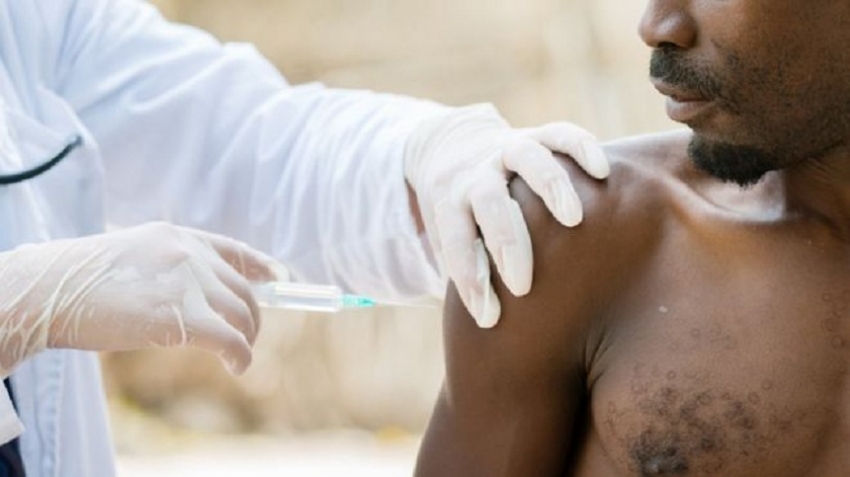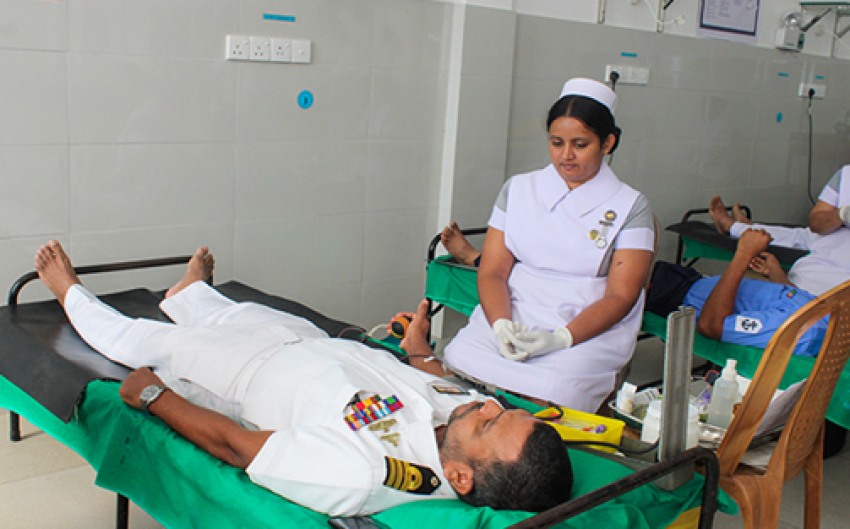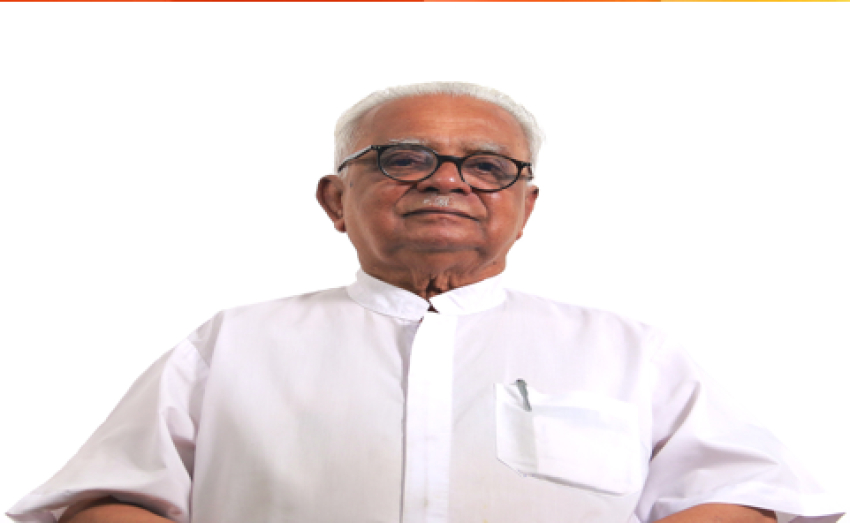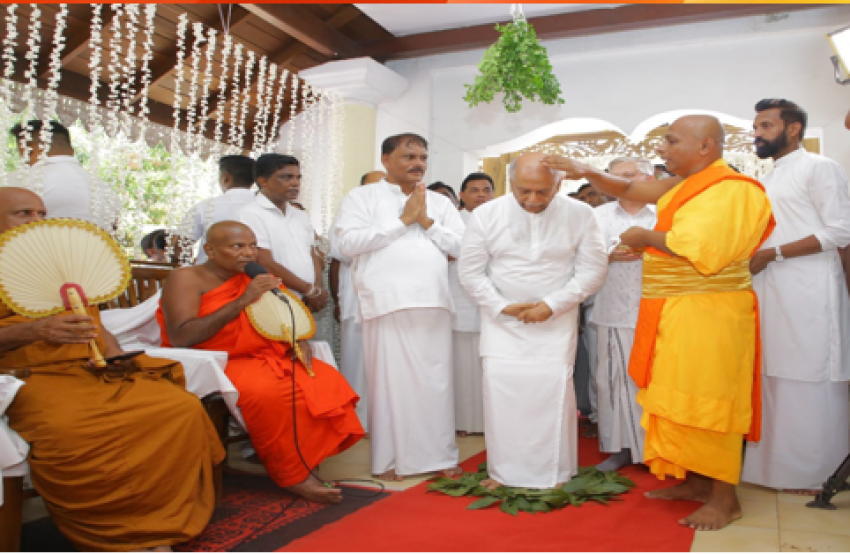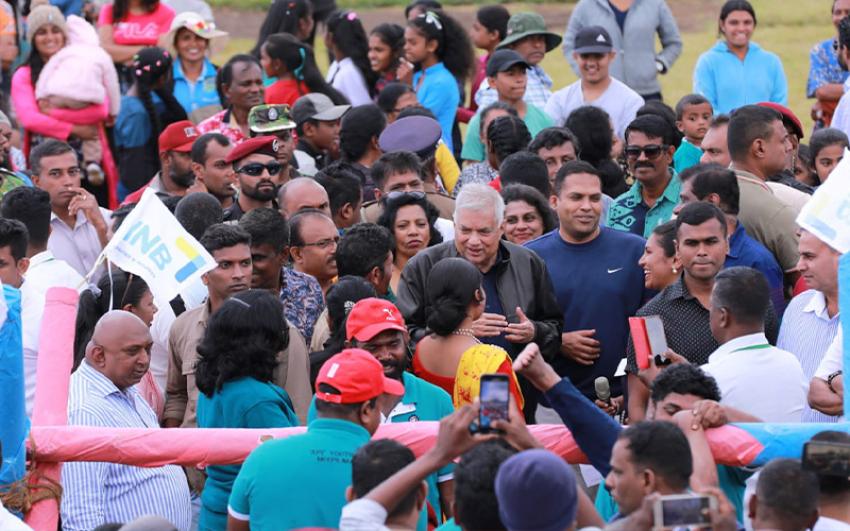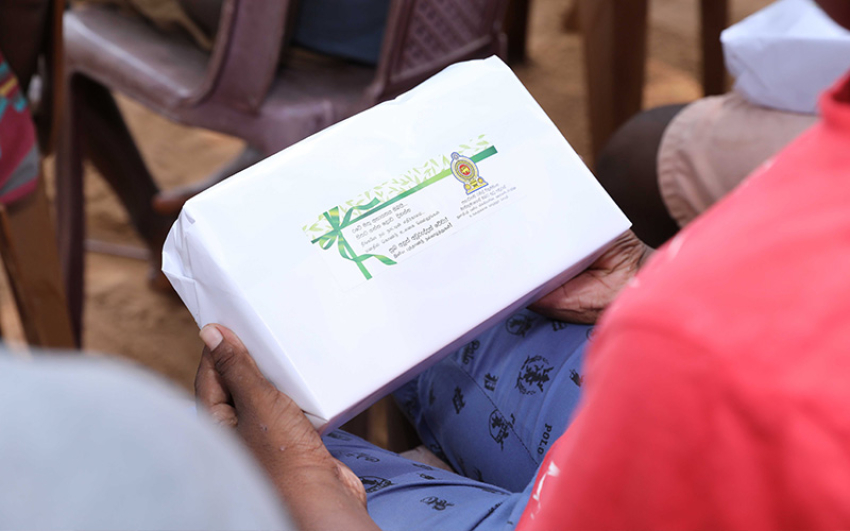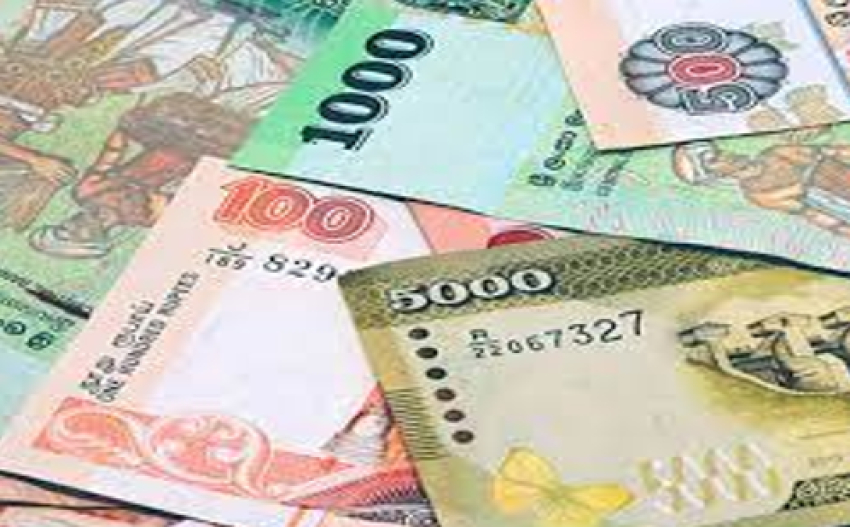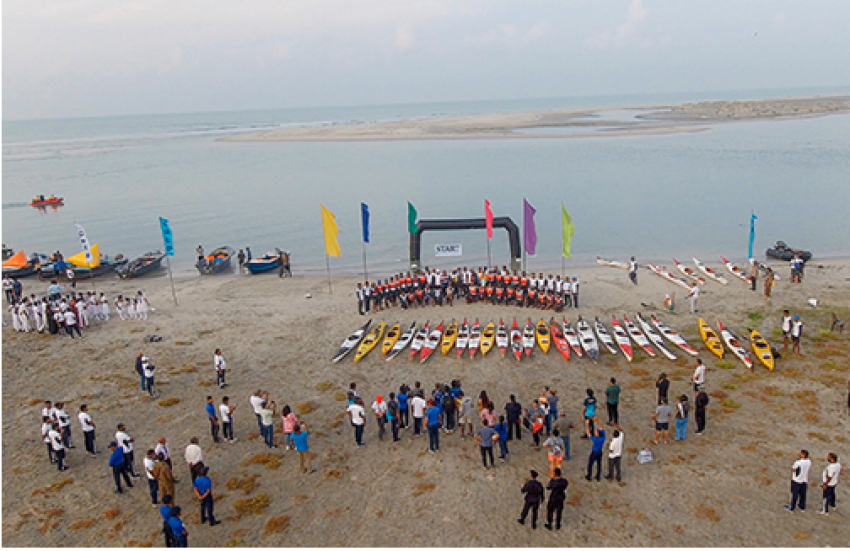Hopes have been dashed an experimental vaccine could protect people against HIV, the virus that causes Aids.The National Institutes of Health has stopped its HVTN 702 trial, of more than 5,000 people in South Africa, as it found the jab did not prevent HIV.Experts expressed "deep disappointment" but added the search for a preventive HIV vaccine must continue.Such vaccines do not contain HIV and therefore do not pose any danger of giving HIV to an individual.
The jab was a new version of the first HIV-vaccine candidate shown to provide some protection against the virus - in the RV144 clinical trial, in Thailand.There are many different strains of HIV and the vaccine had been adapted to the subtype most common in South Africa, which has one of the highest HIV rates in the world.There were great hopes that the vaccine would work and it could then be adapted to cover other strains of HIV circulating in other parts of the world.
What happened in the trial?Volunteers were randomly assigned to receive either the vaccine or placebo injections.
And preliminary data showed:
129 HIV infections among the vaccine recipients
123 HIV infections among those given the dummy jab
Dr Anthony Fauci, from the NIH, said: "An HIV vaccine is essential to end the global pandemic and we hoped this vaccine candidate would work. Regrettably, it does not."
"Research continues on other approaches to a safe and effective HIV vaccine, which I still believe can be achieved."
Linda-Gail Bekker from the International Aids Society said: "Whilst this is a significant setback for the field, we need to continue the quest for a preventive vaccine."
There is still hope other HIV vaccines in development may work.
How can HIV be stopped?
A drug treatment called pre-exposure prophylaxis (Prep) is effective at preventing HIV infection but, unlike a vaccine, it needs to be taken regularly, even daily.
In countries where such treatments may not be available, the only effective prevention remains using condoms during sexual intercourse - or abstinence.
Recent breakthroughs in anti-retroviral treatments have improved the lifespan of people with HIV.
Debbie Laycock, Head of Policy at Terrence Higgins Trust said: "Through regular testing, condoms, Prep and effective treatment which means people living with HIV can't pass on the virus - we now have a once-in-a-generation opportunity to end the HIV epidemic. It's vital we seize this."
The HIV-positive man who stopped thousands getting the virus
By Tom de Castella
BBC Stories
28 June 2018
Share this with Facebook Share this with Messenger Share this with Twitter Share this with Email Share
Related TopicsNHS at 70
Greg Owen wanted a new drug, not available through the NHS, that would stop him becoming HIV-positive. But it was too late - he already had the virus. Despite this, he and a friend worked on an ambitious plan to help thousands of others get the new treatment.
"You know when you do one thing… when your whole life changes? Pressing that send on Facebook was actually the moment my whole life changed."
Greg Owen grew up in Belfast, the eldest of six children. It was the 1980s, the height of the Troubles, and he was, as he puts it, "very gay".
Fast-forward to London in 2015. Greg is working in bars and clubs, sleeping on friends' sofas.
There is no sign of what is to come - that Greg is going to help save thousands of lives and change the way the NHS thinks about gay men having sex.
Then, Greg met Alex Craddock.
"He was cute, a little bit sassy. And I fancied him a little bit," says Greg.
Alex had just come back from New York. He had something Greg wanted very much. He was on Prep, a relatively new drug seen as a game-changer in the fight against HIV infection.
If you are on Prep and have sex with someone with HIV, the drug - if taken as directed - is almost 100% effective in preventing you becoming HIV positive even if you are not wearing a condom.
The British HIV Association (BHIVA) says the efficacy of Prep is "highly dependent on adherence" by those taking it.
Greg was intrigued. "I was trying to get Prep. And Alex was already on it. He'd got in the States." Alex told him it was easy to get in New York. But Alex's supply was about to run out. Here in the UK, it wasn't available.
"I'd been given this amazing new thing and then it had been taken away from me," Alex says. "That's when I first met Greg."
At the time, HIV diagnoses for high risk groups in the UK were going up. One in eight gay men in London had HIV.
Short for pre-exposure prophylaxis, Prep is a pill you take before penetrative sex.
Some users take it daily - while others take it "on demand", in the days before and after intercourse.
If a condom is not worn, and you come into contact with HIV, the drug stops the virus from getting into the bloodstream permanently. Prep is prevention not cure.
But before you can take Prep, you have to make sure you don't already have HIV.
Greg had managed to get hold of a small amount of the drug - and so he went for a test.
He wasn't too worried as he'd gone for sexually transmitted infection (STI) checks fairly regularly. He was watching the doctor. He knew how it worked. The testing kit would show one dot for negative, and two for positive. Suddenly, in a heartbeat, everything changed.
"Literally, 'Boom,' like two dots so [the doctor] didn't even have to say anything, I saw it because it was sitting in-between us."
Greg felt numb, trapped and alone. "I was seeing people go past me and I felt like I was in like a bubble - like there was a something separating me from the rest of the world."
And that's when he made the decision that changed his life and maybe that of thousands of other gay men.
He decided to reveal this big secret to the world. So, he posted on Facebook that he was HIV positive. And he talked about Prep - this drug few knew much about, which could have stopped him getting HIV.
His phone "just lit up", he says.
"First of all, people couldn't believe I'd done that. And then there was, 'What is all this Prep stuff?' Why would Prep have kept you HIV negative?' So, I could tell people what Prep was and I could tell people how it worked. And then obviously the next question was, 'How do I get Prep?'"
Watch Greg and Alex's story
The People vs The NHS: Who Gets the Drugs? was first broadcast on BBC Two.
It is now on the BBC iPlayer along with more programmes about the NHS at 70.
And that was Greg and Alex's next move.
"We don't even need the government right now," Alex recalls them saying. "We can do it ourselves. We'll tell everyone to order pharmaceutical drugs on the internet and start taking them."
From Alex's bedroom, they started building a website.
First, came all the medical information people needed to know. And then, the bit everyone wanted - the opportunity to "click to buy". "We didn't want to make any money ourselves. We were just linking up buyers to sellers," Greg says.
It was a simple, radical idea.
"I'm not going to wait for the NHS to come and save me," Alex recalls. "I want Prep now and this is how I'm going to get it."
So, they called the website I Want Prep Now. It launched in October 2015.
They got 400 hits in the first 24 hours and it mushroomed from there.
Then, the medical profession took an interest.
Mags Portman, an NHS consultant on HIV and sexual health, emailed Greg asking if she could meet.
Will Nutland, an activist at Prepster, a website giving information about Prep, also became involved.
Will even became a guinea pig.
He took Prep pills from new suppliers and then had his blood tested at Portman's sexual health clinic. It tested more than 300 batches and found no fakes.
At the same time, the UK Medical Research Council was running the Proud study, comparing gay men on Prep against non-users.
The result was so clear-cut - an 86% fall in new HIV infections among in Prep users - that the study was ended early and those on the study not taking Prep were immediately offered it.
So where was NHS England?
At the end of 2014, it had begun a process to decide whether Prep should be made available. Time passed, nothing happened.
"It was very, very difficult and frustrating as a clinician to know that this HIV prevention tool was out there," says Mags.
"We couldn't access it and we couldn't prescribe it and we were seeing people that we knew were at risk and then coming back with HIV."
By 2016, the NHS was still debating the matter. And then it said no.
"I was gobsmacked," says Sheena McCormack, professor of clinical epidemiology, who ran the Proud trial.
"Oh, my goodness, it was absolutely horrifying," says Mags.
But what began in a bedroom ended up going to the High Court.
The National Aids Trust, a charity, took NHS England to court. They wanted Prep to be looked at according to the same rules as any other new medication would be.
The stakes were high. The Terrence Higgins Trust - another leading HIV/Aids charity - sent a letter to the Times, saying that every day Prep was delayed at least 17 people were becoming infected with HIV.
The legal case was complex. The NHS said it wasn't legally required to fund prevention. That was the job of local government, it said.
The NHS was facing one of the biggest funding crises in its seven-decade history. It was not a good time to be taking on new funding responsibilities. Today, despite record levels of investment, there are still funding gaps.
The case also revealed something else - society's view of what gay men were entitled to.
The journalist and broadcaster Andrew Pierce, who is gay himself, is against Prep being funded by the state.
"I don't think the NHS can afford £450 per month to a homosexual," he says.
"Because this is what it is about - indulging gay men who don't want to use a condom. Well, that is outrageous - why should the taxpayer subsidise a reckless sex life?"
The official list price for Prep has now come down to £355 per month - but the different regions of the NHS will negotiate significantly lower prices for the drug. This price is not in the public domain because of its commercial sensitivity.
For Greg, "gay guys have the right to fear-free, guilt-free, disease-free sex". For too long, he says, there has been too much self-loathing.
"We are ultimately conditioned to believe that love, particularly sex between two men, always has to come at a price. And it doesn't."
Buying generic Prep - rather than branded Prep, known as Truvada - doesn't necessarily cost patients hundreds of pounds a month.
Currently, a 30-day supply can be bought privately for between £20 and £55.
In court, the NHS's argument unravelled. It turned out it did fund prevention - statins, for example, which help to lower harmful cholesterol. The judge found unequivocally in favour of the National Aids Trust.
But NHS England said it would appeal and sent out a press release that Ian Green, chief executive of the Terrence Higgins Trust, remembers all too well. "They said the decision had been taken for high risk men who have condomless sex, with multiple sexual partners - it was condemnatory."
For Greg, it was hurtful. "It just felt, that felt really vicious actually. It felt like sour grapes."
Suddenly the NHS's decision-making was under the microscope at almost a philosophical level.
"It's interesting, this question of personal responsibility and on what role it plays in the NHS's decisions - officially it doesn't play any role at all," says Sean Sinclair, a medical ethicist at the University of Leeds. "Unofficially, you can see it playing a role."
The matter was settled in November 2016. The NHS lost its legal appeal and would have to take responsibility for Prep.
Greg, by now back in Northern Ireland, was working in a pub. "I was literally crying. Serving pints of beer to this poor Belfast boy who probably thought I was absolutely off my rocker."
So what's happened since then?
By summer last year, eight clinics in London, and several outside the capital, had taken part in a trial to provide Prep. And many more men buy the drug privately due to better awareness. In August 2017, the NHS in England announced it would give Prep to 10,000 people in a £10m trial lasting three years.
In Wales, the drug is available from selected NHS sexual health clinics as part of a similar trial. Prep is not currently available from the NHS in Northern Ireland. Scotland is the only part of the UK to offer full Prep provision through the NHS.
For the first time in recent years, the HIV diagnosis rate in gay men is down. From 2015 to 2016, it was down by about 20% nationwide. But in certain clinics in London it fell by 40%.
"That was the first moment when we were able to take a step back and actually be quite shocked at how effective all of this was," says Alex.
Opponents say Prep may undermine safe-sex messages. They point to a four-year Australian study in the Lancet, suggesting that as Prep use grows, condom use falls. And men not on the drug, therefore not benefiting from it, were also having more condomless sex, the researchers say.
But for Sheena McCormack, who ran the Proud trial, Prep is still a game-changer.
"We probably had done as much as we possibly could in the way of frequent testing, early diagnosis and early treatment.
"The piece that was missing was the HIV-negative individuals who were catching HIV in-between their HIV tests. That's where Prep fills the gap."
Prep may also save the NHS money.
Scientists at University College London who studied its cost-effectiveness said it would cost money for the first few decades but after 40 years it would begin to save the NHS cash.
And after 80 years it would save the UK about £1bn, they predicted.
Greg often tears up when he thinks about where they've got to.
He remembers one phone call in particular that made him cry. Sheena McCormack was on the line. It was Christmas 2016, a few weeks after the Appeal Court victory.
She told him that without his website, the one set up by him and Alex, there would have been only tiny numbers of people on Prep.
"Sheena was like, 'I want you to strip it back, think about the people, of the thousands of people walking around now HIV negative because of something that you did.'"
Looking back, Greg says there was no grand plan. "I had a humble objective. I just wanted one person to remain HIV negative on the back of my diagnosis. That way it's HIV equal. If we prevent a second person, then I have won - my HIV status didn't cost anything."
It's fair to say, he won big.
New antibody attacks 99% of HIV strains
By James Gallagher
Health and science reporter, BBC News website
22 September 2017
Share this with Facebook Share this with Messenger Share this with Twitter Share this with Email Share
Image copyrightSPL
Scientists have engineered an antibody that attacks 99% of HIV strains and can prevent infection in primates.
It is built to attack three critical parts of the virus - making it harder for HIV to resist its effects.
The work is a collaboration between the US National Institutes of Health and the pharmaceutical company Sanofi.
The International Aids Society said it was an "exciting breakthrough". Human trials will start in 2018 to see if it can prevent or treat infection.
Our bodies struggle to fight HIV because of the virus' incredible ability to mutate and change its appearance.
These varieties of HIV - or strains - in a single patient are comparable to those of influenza during a worldwide flu season.
So the immune system finds itself in a fight against an insurmountable number of strains of HIV.
Super-antibodies
But after years of infection, a small number of patients develop powerful weapons called "broadly neutralising antibodies" that attack something fundamental to HIV and can kill large swathes of HIV strains.
Researchers have been trying to use broadly neutralising antibodies as a way to treat HIV, or prevent infection in the first place.
'Mind-blowing' cows hold clue to beating HIV
Antibody helps keep man's HIV at bay for 10 months
The study, published in the journal Science, combines three such antibodies into an even more powerful "tri-specific antibody".
Dr Gary Nabel, the chief scientific officer at Sanofi and one of the report authors, told the BBC News website: "They are more potent and have greater breadth than any single naturally occurring antibody that's been discovered."
The best naturally occurring antibodies will target 90% of HIV strains.
"We're getting 99% coverage, and getting coverage at very low concentrations of the antibody," said Dr Nabel.
Experiments on 24 monkeys showed none of those given the tri-specific antibody developed an infection when they were later injected with the virus.
Dr Nabel said: "It was quite an impressive degree of protection."
The work included scientists at Harvard Medical School, The Scripps Research Institute, and the Massachusetts Institute of Technology.
'Exciting'
Clinical trials to test the antibody in people will start next year.
Prof Linda-Gail Bekker, the president of the International Aids Society, told the BBC: "This paper reports an exciting breakthrough.
"These super-engineered antibodies seem to go beyond the natural and could have more applications than we have imagined to date.
"It's early days yet, and as a scientist I look forward to seeing the first trials get off the ground in 2018.
"As a doctor in Africa, I feel the urgency to confirm these findings in humans as soon as possible."
Dr Anthony Fauci, the director of the US National Institute of Allergy and Infectious Diseases, said it was an intriguing approach.
He added: "Combinations of antibodies that each bind to a distinct site on HIV may best overcome the defences of the virus in the effort to achieve effective antibody-based treatment and prevention."

